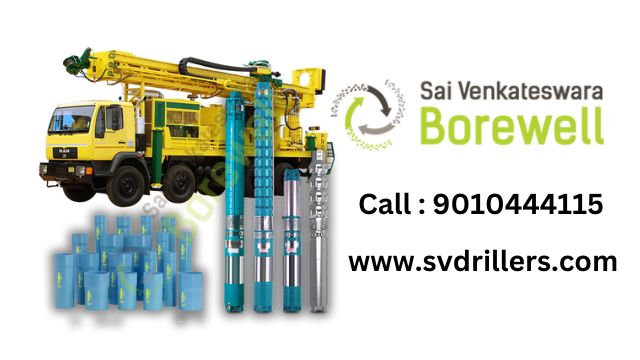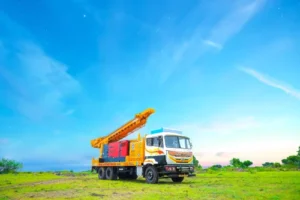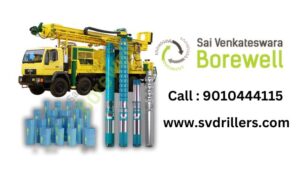🚀 Introduction
Are you tired of unreliable municipal water supply or contaminated groundwater? A water well could be your best solution for clean, sustainable water access. Whether you’re a homeowner, farmer, or business owner, ensuring a safe and efficient water well system is crucial for long-term water security. This guide covers everything you need to know—from well construction to maintenance—to help you achieve dependable groundwater access.
🧱 What is a Water Well?
A water well is a structure dug or drilled into the ground to access groundwater. It’s a vital resource for those in rural areas, agricultural operations, and even suburban properties looking for self-sufficient water solutions.
How Does a Water Well Work?
- Drilling or digging creates an opening into an underground aquifer.
- A pump system draws water to the surface.
- Filters and casing prevent contaminants from entering the supply.
- Routine well maintenance ensures long-term performance.
For professional borewell installation, check out SV Drillers’ borewell services.
✨ Types of Water Wells
1. Dug Wells
- Shallow, manually or mechanically excavated.
- Typically lined with stones or concrete.
- More susceptible to contamination.
2. Driven Wells
- Constructed by driving a pipe into the ground.
- Used for shallow aquifers.
- Requires a sanitary seal.
3. Drilled Wells
- Most common type for deep aquifers.
- Professionally installed with steel or PVC casing.
- Highly durable and less prone to contamination.
For expert guidance on well drilling, visit SV Drillers.
🧠 Essential Tips for a Clean, Reliable Water Well
✔ 1. Proper Well Location
- Avoid areas prone to flooding or contamination.
- Keep a safe distance from septic systems.
- Consult with experts for groundwater testing.
✔ 2. Regular Water Testing
Test for common contaminants like:
- Bacteria (E. coli, coliform)
- Nitrates and heavy metals
- Chemical pollutants
✔ 3. Routine Maintenance Checklist
- Inspect well casing for cracks.
- Check the pump system annually.
- Clean surrounding areas to prevent contamination.
✔ 4. Ensure Proper Well Cap Installation
- Prevents insects, rodents, and debris from entering.
- Must be watertight and vented correctly.
✔ 5. Monitor Water Levels & Usage
- Over-pumping can deplete groundwater.
- Watch for sudden drops in water pressure.
Need help with well maintenance? Contact SV Drillers today!
❓ Water Well FAQ: Your Questions Answered
1. How deep should a water well be?
Most residential wells range between 100–500 feet, depending on the local aquifer.
2. How often should I test my well water?
Test at least once a year for bacteria and every 2-3 years for chemicals.
3. What’s the lifespan of a water well?
With proper care, a well can last 30–50 years before needing major repairs.
4. Can I drill a well anywhere?
No—local regulations, soil conditions, and aquifer depth determine feasibility.
5. How much does a new water well cost?
Costs vary, but average between $5,000–$15,000 depending on depth and location.
For more details, see SV Drillers’ well FAQ.
🔗 Internal & External Resources
🔐 Conclusion & Call-to-Action
A properly constructed and maintained water well ensures a lifetime of clean, sustainable water. From choosing the right location to regular upkeep, following these tips will help maximize efficiency and safety.
🚀 Need expert help?
📞 Call us today at +91 9010444115
🌐 Visit SV Drillers for a free consultation!
📋 Final Keyword & URL List
- Water Well — https://svdrillers.com/water-well
- Groundwater — https://svdrillers.com/groundwater
- Well Drilling — https://svdrillers.com/well-drilling
- Well Maintenance — https://svdrillers.com/well-maintenance
- Borewell Installation — https://svdrillers.com/borewell-installation
This comprehensive guide ensures SEO optimization, readability, and actionable insights—making it a must-read for anyone considering a water well solution! 🚰💦



